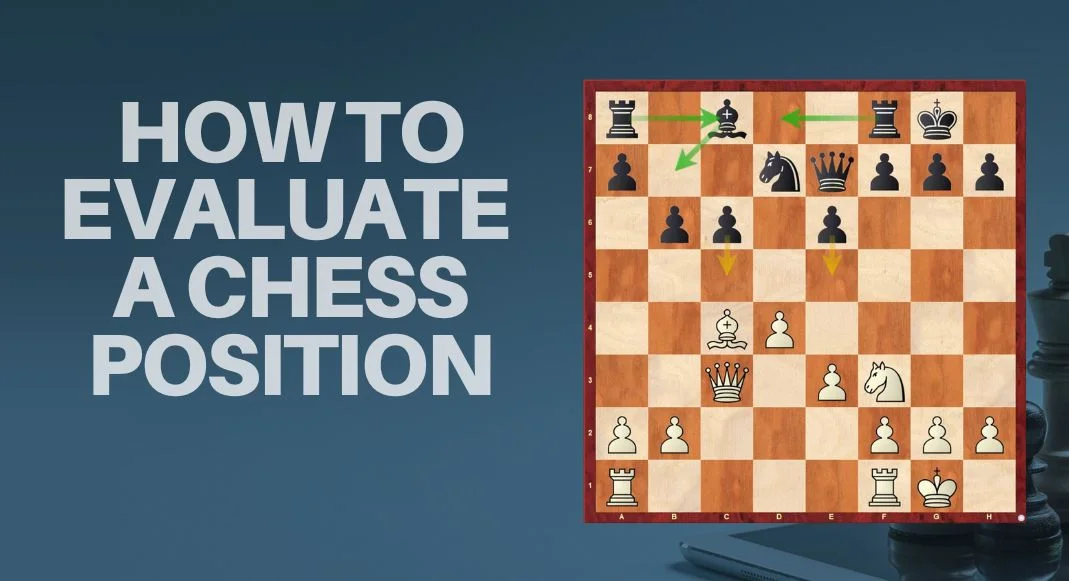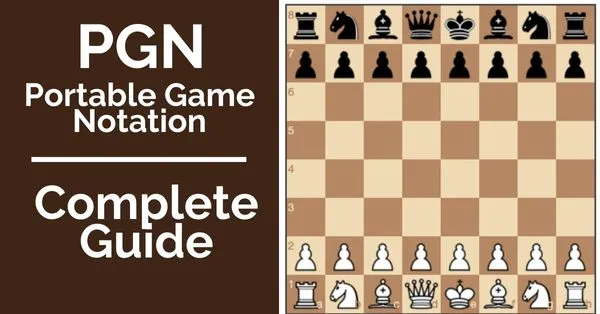5 Reasons Chess Training is Not Working for You
Every chess player wants to step up their game. They try many different methods, but sadly most of them just don’t work. Otherwise everyone would already be at least 2000 rated. What are the main reasons this is happening? Is that because the methods are inefficient? Or is it because players simply don’t train “hard enough”? Or is that because players get discouraged by not seeing quick results? In this article we will try to figure out what are the five main reasons why chess training is not working for you!
Reason 1: You expect immediate results
Many players love to start out with a new book, training course, or a DVD. Every time we buy training materials we’re setting high expectations and hopes. We are thinking something like “this is the book that will take my game to the whole new level in matter of days!” We enthusiastically dive into the course and after couple of pages start getting lost and bored in algebraic notation. We usually do stick to it for 2-3 more days. After losing yet another game against a regular chess buddy we start questioning the concepts of the teaching.
- Is it really what I need to be reading?
- Does it work?
- Will it help my game?
Those are the sort of questions commonly asked. The problem is that most players expect immediate results (yes 2-3-7 days considered immediate at chess). They think that in few days after starting a book or a course they will gain few hundred points and start blowing away regular competition.
We don’t expect to gain 10 pounds of lean muscle a week after signing up for a gym membership. Chess is no different. Improvement is a process and it will take time. At least a month or two are needed to see the results. Until then it is not possible to judge whether it is working or not.
Again, we don’t look into a mirror and expect big changes after just two weight training sessions. Stick to the plan; give it a try for a few weeks. If you do, the chances are you will start seeing the results.
Reason 2: You don’t plan your time
Many chess players are not good at time management. Let me rephrase it. Actually, many players are very bad at time management. They have one hour window dedicated to chess training. How would they spend this priceless hour? Most likely the first 20 minutes would be dedicated to thinking about organizing the training process. Another half an hour would go to playing internet blitz. The last 10 minutes would be burned out checking out how Carlsen beats Nakamura (or vice versa). Sounds familiar? You did spent one hour on chess. Were you really training? Not really.
This is what you need to do instead. All of the planning needs to happen in advance. You should know exactly what you will do and how much time you would spend on each task. For example, 20 minutes for solving tactics, 20 minutes for analyzing a GM game and 20 minutes for going over 2-3 theoretical endings. After one hour passes you can definitely know you did, in fact, spend that time on training. Planning your time wisely is the key element of any training routine.
Reason 3: You do the wrong kind of training
Oftentimes chess players get fixated on certain things and never move forward. For example, one player spent the whole year working solely on mate-in-one combinations. Another player spent a year on going over “100 best games by blah-blah-blah GM player” book. He tried to understand all of the lines and variations presented in the book, and believed that doing so will tremendously improve his game. After one year they both gain a round number of rating points – O.
What was their mistake?
They were only working on a single thing, which ended up not working. If they would’ve tried 2-3 different things they would’ve quickly learned what works and what doesn’t. If you want to make progress at chess, don’t get stuck on any single training technique (no matter how great you think it is), Try different things!
Reason 4: You don’t keep track of your training
You’d be shocked to know what kind of difference this simple step can make in your game. By simply jotting down some notes you can become more productive, organized, hardworking, goal oriented and successful at the same time. What do you need to write? It is very simple. After each of the training days simply reflect on:
What exactly did you do and why (what is the GOAL)?
What worked and what didn’t?
What can you do better next time?
Success is about making commitments. Make a commitment that you will take notes about your training every time for 30 day period and you will see massive progress. This is one of the techniques explored in greater details in our 21 day training course.
Reason 5: You are not consistent
A huge problem that many improving players are facing is lack of consistency. They work on chess when they feel like it or when they get a sudden boost of motivation. These periods typically last only from few days to a week. Then, they simply stop chess training altogether. They may still play some games here and there, but there is no regular training routine. You see, if you are not working on something consistently, you won’t see much of a progress. In contrast, if you do work on chess consistently, even if your training plan is far from perfect, you will see some progress.
Since you made it this far, I’m sure you are a well-motivated player and “some progress” is not good enough for you. That’s where our 21 day chess training course comes into play. It will help you at building training consistency while providing you with a GOOD training plan that will make your training 3, 5 or even 10 times more effective!










Comments: